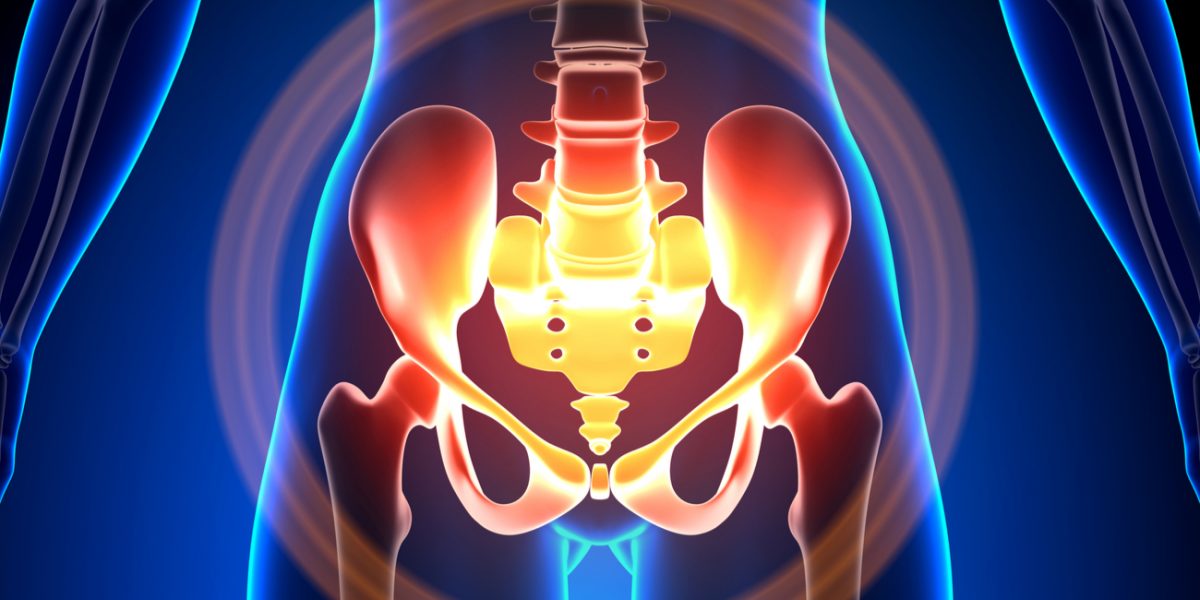
Not many people discuss pelvic health. Topics such as bowel and bladder dysfunction, pain with sexual intercourse, and groin and pelvic pain can be difficult to talk about. Sometimes, they can even be considered “normal”—and therefore not worth discussing at all—depending on the individual. For these reasons (and others) individuals often wait longer than necessary to seek healthcare for pelvic floor disorders.
What may not be readily understood is that several of the previously mentioned symptoms may indicate a muscular problem. In this case, a physical therapist can be significantly instrumental in providing a safe and effective treatment plan. In fact, pelvic floor therapy serves as a successful conservative treatment option for many patients.
At EmergeOrtho—Triangle Region, we offer specialized Pelvic Health Physical Therapy at our Durham and Chapel Hill locations. Our goal is to help women and men better understand the purpose and function of pelvic floor muscles, and instruct them on how to improve their overall pelvic health.
What Is a Pelvic Floor Therapist?
A pelvic floor therapist is a physical therapist with specialized training in the muscle and structural function within the pelvis, which includes both external and internal musculature.
Physical therapists with expertise in pelvic health help assess symptoms, provide precision diagnosis, and create a personalized treatment plan.
Types of Pelvic Floor Disorders
The role of pelvic floor muscles is sexual function, bowel and bladder control/elimination, and stabilization of the pelvis. There are many things that can cause the pelvic muscles to become too tight, overworked and/or weak.
There are several different types of pelvic issues that a pelvic floor therapist can help to identify and treat. One of the most common diagnoses addressed by our EmergeOrtho pelvic therapy specialists is urinary incontinence.
 Other diagnoses that are often referred to our pelvic health team for pelvic floor therapy, include, but not limited to:
Other diagnoses that are often referred to our pelvic health team for pelvic floor therapy, include, but not limited to:
- Fecal incontinence
- Constipation
- Hemorrhoids
- Urgency and frequency (of bowel movements)
- Pelvic or groin pain
- Sexual dysfunction
- Dyspareunia
- Pre- and post-partum care
- Pelvic organ prolapse
- Pre- and post-prostatectomy
- Coccyx pain
- Low back/SI/abdominal pain
What Happens During a Pelvic Floor Therapy Evaluation?
At our qualifying Triangle practices, each pelvic floor evaluation and follow up treatment include individualized 45-minute sessions with a pelvic floor therapist. Because of the origin and symptoms that go along with the pelvic floor muscles, an internal examination may be performed if necessary.
Examples of pelvic floor disorder symptoms may include:
- Problems reaching the bathroom in time
- Sensation of having a full, heavy, or aching bladder (that can worsen by the day’s end)
- Feeling a sense of urgency or frequent need to urinate
- Leakage of urine, stool, and/or gas
- Issues with being able to fully empty the bladder
- Detection of a bulge coming out of the vagina
- Pain during urination
- Leakage of urine during exercise, when coughing, or even laughing
- Constipation
Internal examinations provide useful information including muscle strength, endurance, pain reproduction, muscle spasms, sensation, flexibility and muscle tone.
External examinations and assessments can also be done on the muscles. The therapist will look at the individual’s body mechanics, movement pattern, and do an overall examination of strength, range of motion, sensation, and reflexes.
Pelvic Floor Treatment
One of the major advantages of seeking the help of EmergeOrtho—Triangle Region’s Pelvic Floor Therapy program is having multiple treatment options. Because of their extensive, subspecialty training and expertise, our physical therapists can offer innovative treatment approaches.
Depending on the type of pelvic floor diagnosis, our pelvic health specialists may recommend:
- Pelvic floor strengthening exercises (Kegel exercises)
- Muscle relaxation techniques
- Myofascial and trigger point techniques
- Healthy voiding habits, bladder health, retraining, and lifestyle changes
- Biofeedback training
No matter what pelvic floor disorder diagnosis you receive, take comfort in knowing that our EmergeOrtho Pelvic Health Team is dedicated to providing relief of your symptoms and improving your quality of life.
To learn more, self-schedule an appointment now. Or, call us any time at (919) 220-5255.







